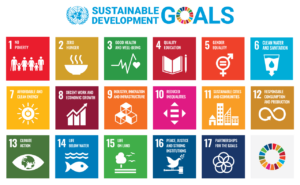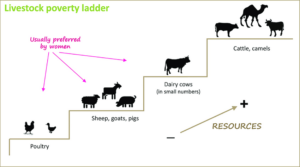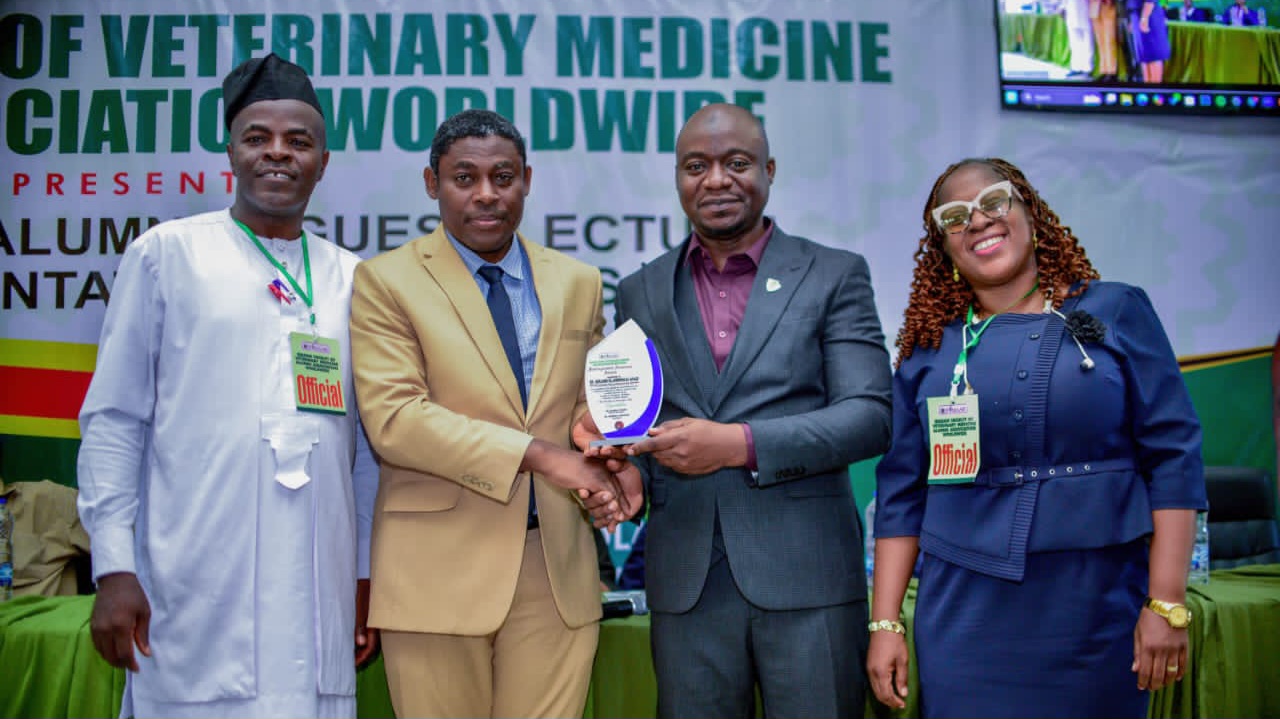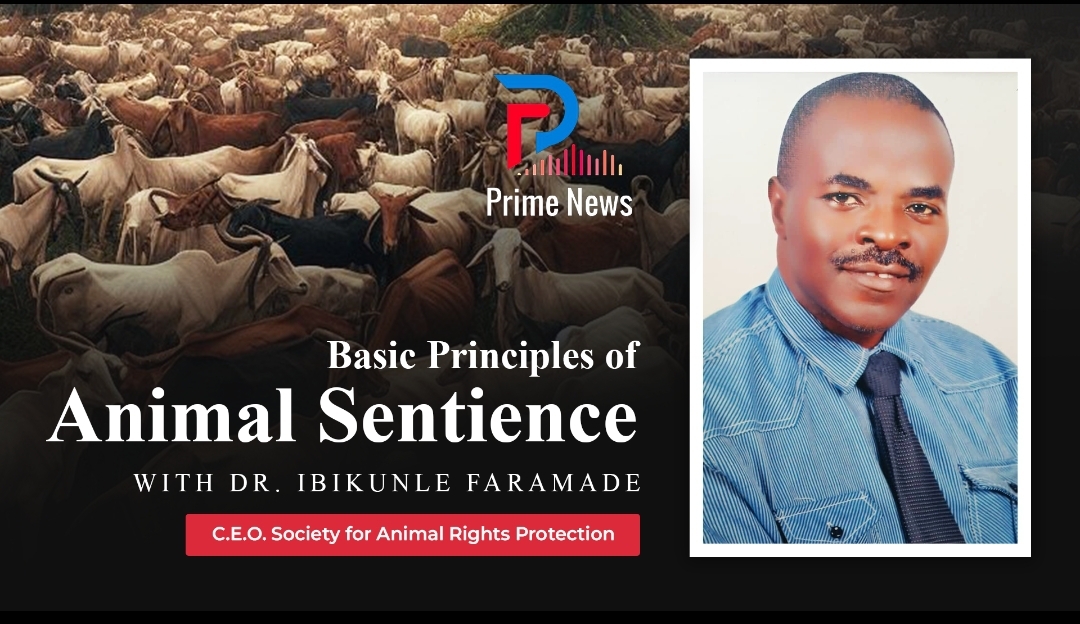By Dr Ibikunle Faramade
…Continued
As previously defined, using the template of the United Nations World Commission on Environment and Development, sustainable development is development that meets the needs of the present without compromising the ability of future generations to meet their own needs. Today we shall be examining the nexus between animal welfare and the achievement of sustainable development by the year 2030.

Goal 1: No Poverty
Poverty is one of the major global problems that the United Nations seeks to combat through concerted efforts on thematic areas codified as sustainable development goals or simply, The Global Goals. Animals are very crucial in the area of wealth creation and improvement of livelihoods and economic empowerment for different segments of the society. The roles of animals in the context of livestock (livestock poverty ladder) was described by Donadeu et.al (2019), showing how different categories of animals contribute to poverty alleviation.

Poultry, sheep, goats, pigs, small numbers of dairy cows were found to be owned mostly by women. Large number of cattle and camels were found to contribute significantly to economic development of men at different levels of the livestock value chain. The first animal welfare principle or freedom is freedom from hunger and thirst. Invariably, animals that are well fed with nutritionally balanced diet, depending on the age and the physiological status would be able to meet the goals of production in terms of meat, eggs and by- products. If the welfare of animals is prioritized, poverty alleviation and the achievement of the ultimate goal of poverty eradication through sustainable animal production would be achieved.
Goal 2: End Hunger
The second sustainable goal is end hunger, achieve food security and improved nutrition and promote sustainable agriculture. The promotion of animal welfare principle of freedom of animals from hunger and thirst is also in support of the achievement of this goal. When animals are fed adequately, with particular attention to dietary requirement for the species, the feed conversion ratio, feed digestibility and other variables required to monitor overall feed efficiency, the animals would be able to attain market weight as expected, have good body condition score, provide food for humans, especially, animal protein which is essential for proper growth and development. It is reported that more than one third of the world population are facing the problem of acute food shortage generally, in terms of both quantity and quality. The second principle of animal welfare i.e. freedom from discomfort which describes the need for maintenance of adequate stocking density, proper ventilation and illumination also have direct bearing on how to banish hunger.
The problem of protein malnutrition is so severe that if adequate attention is not given to the welfare of animals in terms of feed, feeding and freedom from discomfort, the achievement of this goal may become farfetched.
Goal 3: Good Health and Well-being for All
The achievement of good health and well-being for all is an all-encompassing goal including the prevention of communicable diseases, management of non- communicable diseases, prevention of zoonotic and neglected tropical diseases etc. More than 60% of diseases of humans have been established to arise from animals, referred to as zoonoses. The third principle of animal welfare is freedom from pain, injury and diseases. If efforts are made to widen access to veterinary clinics and hospitals (in case of small companion animals) or prompt invitation of veterinary doctors to farms (in case of farm animals), prompt diagnosis of diseases would cut off the possibility of zoonotic spill- overs from animals to humans. As animals are made free of pain, injury and diseases, a major premium is being paid on prevention of diseases of animal origin from affecting humans, effectively, enhancing the achievement of goal 3 of the global goals.
Goal 4: Quality Education
Animals contribute significantly to educational advancement of humans through various means such as tourism, scientific research, medical education, serving as models of different types of scientific investigations from whom humans could draw parallel conclusions that could be helpful to human societies. It is only animals whose welfare needs have been adequately met that could serve these and more educational purposes. Therefore, prioritizing animal welfare would enhance the achievement of goal 4 of the global goals.
To be continued…
Dr. Ibikunle Faramade is a veterinary pathologist, sustainable development practitioner and a lecturer at the Federal College of Animal Health & Production Technology, Apata. Ibadan. He’s the C.E.O of the Society for Animal Rights Protection, a non-profit and a non-governmental organization dedicated to the promotion of animal welfare, animal rights and prevention of cruelty to animals. animalrightsprotection2020@gmail.com , +2348028305284




